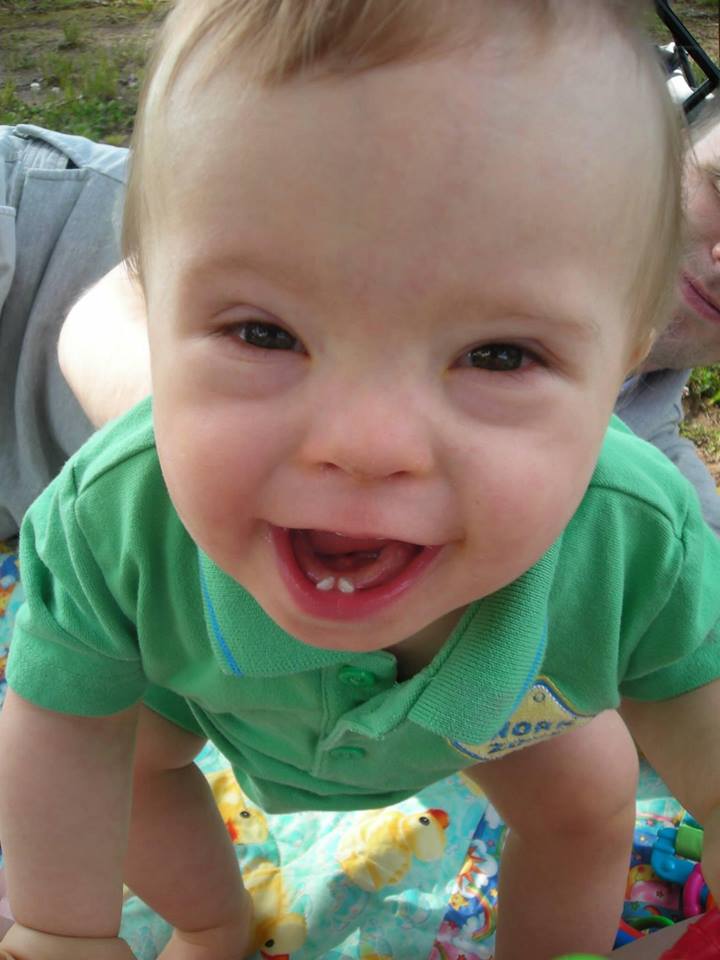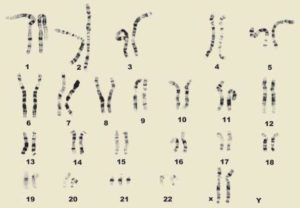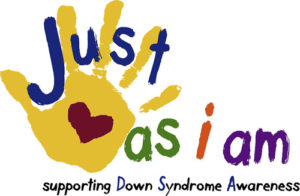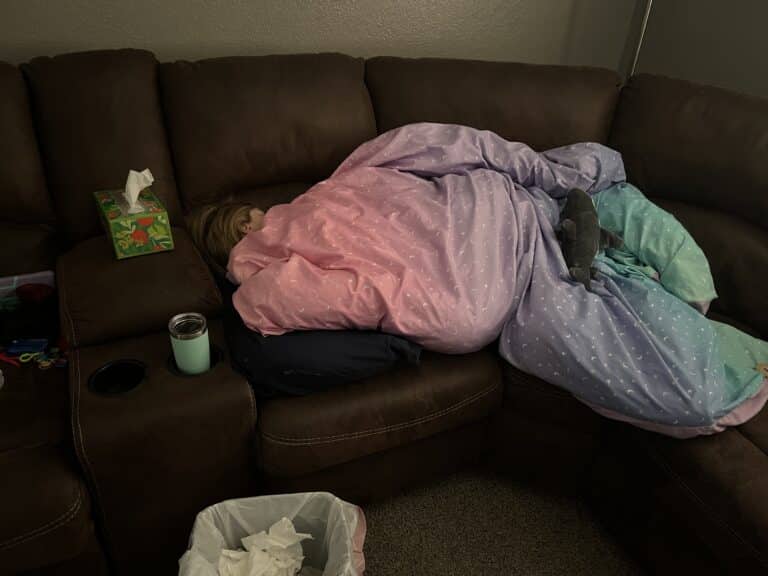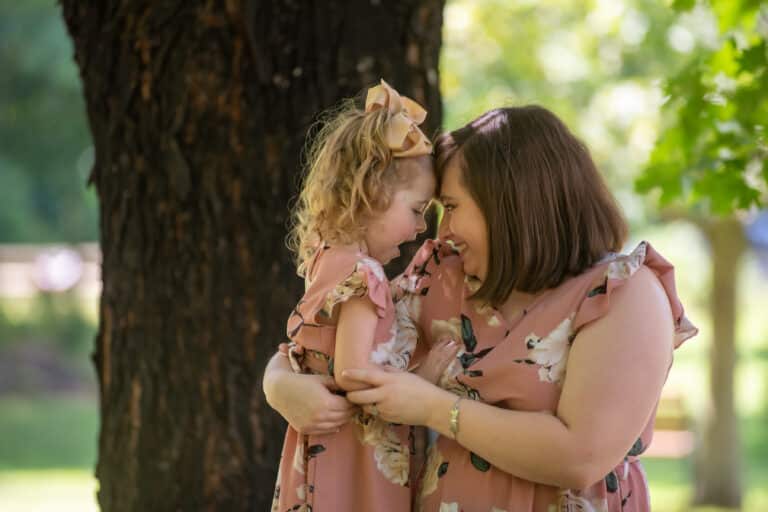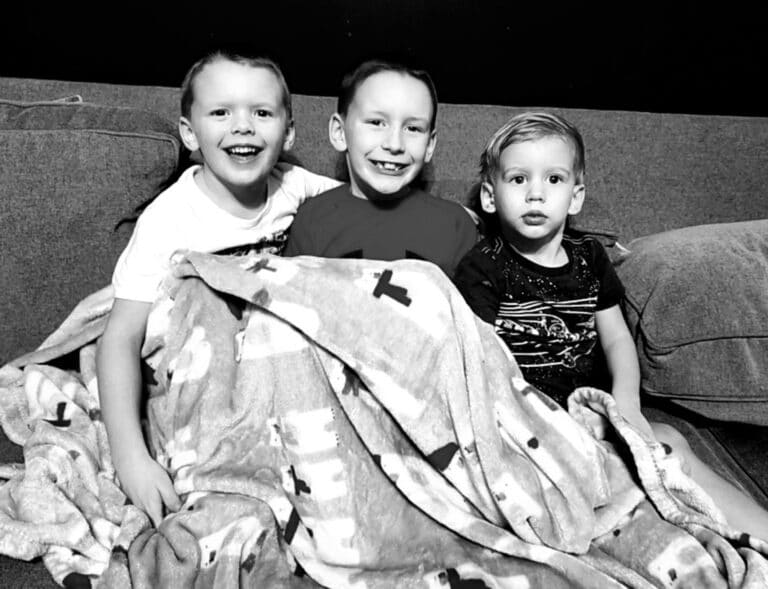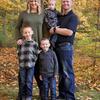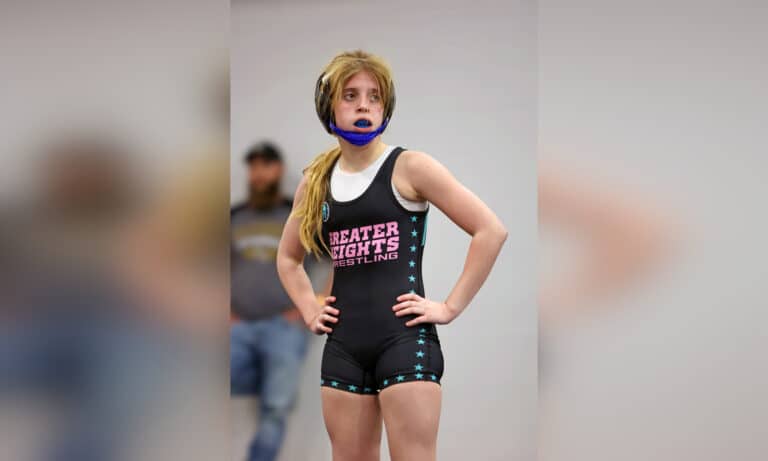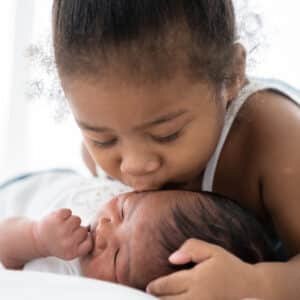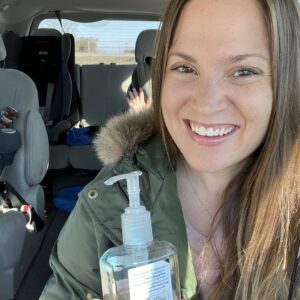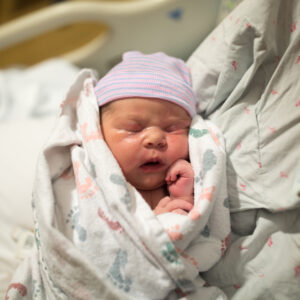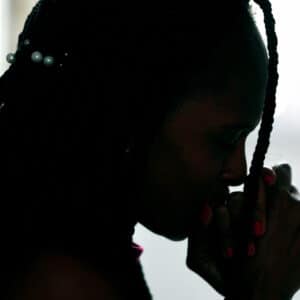To me, October not only signals that fall is upon us and the trees are turning. It’s also Breast Cancer Awareness Month, Respect For Life Month, Pregnancy and Infant Loss Awareness Month, and Domestic Violence Awareness Month, but most important in my heart is that it’s Down Syndrome Awareness Month. All month-long, we get to celebrate and raise awareness for that beautiful extra little chromosome that makes Joey who he is and other individuals like him as well.
And to make the month better, it was in October 2005 that we received Joey’s prenatal diagnosis and chose life. As painful as the actual day was, I now look at it as one of the best days of my life. I’ve changed so much since that day and learned so much! But since I’ve already shared my prenatal journey with you guys, I’m not going to repeat myself. Instead I thought I would share 21 Facts on Down syndrome and teach everyone more things about Down syndrome they might not know.
- One in every 691 births, a child with Down syndrome is born. Down syndrome is the most common chromosomal disorder there is.
- Down syndrome is also known as Trisomy 21 (hence why I’m sharing 21 facts). 21 signifies the extra 21st chromosome.
Karyotype of a female with Down syndrome. Photo courtesy of the National Down Syndrome Society. - Down syndrome is named after John Langdon Down who first characterized features associated with Down syndrome. In the United States, we use the term “Down syndrome” not “Down’s syndrome” like in the United Kingdom. An “apostrophe s” signifies ownership or possession.
- There are three types of Down syndrome: Nondisjunction (which makes up approximately 95%), Translocation (which makes up 4%) and Mosaicism (which makes up 1%).
- Nondisjunction is a non hereditary type of Down syndrome. I had a doctor tell me while I was pregnant that it was like a “genetic fluke” and sometimes it just happens. I like to think of it as we won the lottery when Joey was made. He is perfect and not a fluke!
- Translocation is a hereditary type. It happens when an extra gene is passed either through the mother’s egg or the father’s sperm.
- Mosaicism is when not every 21st chromosome has an extra one attached. Sometimes individuals who have Down syndrome and this type don’t have as prominent of features of the other two types. But this does not affect their mental capabilities.
- Today there are approximately 400,000 people who have Down syndrome living in the United States. (We’re so lucky!)
- Down syndrome occurs in every race, there is not a single race in the world where there in no Down syndrome. (Wouldn’t the world be a lonely place without that beautiful extra chromosome?!)
- Approximately 50% of infants born with Down syndrome are born with Congenital Heart Defects. And sadly many of these defects require open heart surgery. We are blessed that Joey only has a Patent Foramen Ovale (PFO) that doesn’t require any surgical intervention and the only thing he can’t do in life is go scuba diving. I think I can live with that!
- Additionally people with Down syndrome have an increased risk of thyroid conditions, gastrointestinal tract problems (Joey was born with Malrotated intestines), Childhood Leukemia, respiratory and hearing problems. Thankfully, most of these conditions can be treated through medication.
- Some of the physical traits of Down syndrome include: low muscle tone, a very small or no nasal bone, shorter limbs than most average people, an upward slant to their eyes, one single crease through the palms of their hands, this is called Simian Line) & Joey has this on both of his hands, and lower set and smaller ears. Not every person with Down syndrome has each of these features.
- In adulthood, many people have jobs, and can live independently. Some individuals are even getting married! (I’m such a sap when I see a couple with Down syndrome getting married, I tear up every time!)
- Thanks to advances in modern-day medicine, the life expectancy has risen drastically from an average of 25 years old in the 1980’s to currently 60 years old!
- Although giving birth to a baby with Down syndrome increases with maternal age, 80% of all babies born with Down syndrome are born to mothers under 35 years old. I was 24 years old when I had Joey! I know some moms who are even younger than that who have children with Down syndrome!
- Somewhere between 5-10% of individuals have a dual diagnosis of Down syndrome and Autism. This percentage includes Joey. Many of these people have a wide range of characteristics including: increased sensory difficulties (lights, sounds, touch, etc.), aversions to different foods, little or no meaningful communication, difficulty changing routines, repetitive behaviors, impulsive behaviors, and several other characteristics professionals factor in when giving a dual diagnosis of DS-ASD.
- Individuals with Down syndrome have feelings just like every other person. They can feel happy, sad, and mad just like every one else. It’s a total myth that people who have Down syndrome are always happy. Just come visit Joey on a day when his iPad battery is dead or we can’t find his favorite show on TV!
- Sadly, 90% of the prenatal diagnoses of Down syndrome end in the mother terminating her pregnancy. This statistic breaks my heart. There are waiting lists on hundreds of families who would adopt a child with Down syndrome! Check out the National Down Syndrome Adoption Network!
- There is a special bond between individuals with Down syndrome and their siblings. Just ask Joey’s brother Aiden, sister Leah or Dr. Brian Skotko, who not only is he board certified geneticist, co-founder of the Down syndrome program at Massachusetts General Hospital and co-authored numerous books on Down syndrome, he’s also the proud brother to a beautiful sister who just happens to have Down syndrome!
- People first language is very important to our families. Individuals who have Down syndrome don’t want to be known as “that Downs kid/baby” instead say “that child with Down syndrome.” Please put the person before the diagnosis.
- And lastly, people who have Down syndrome do not “suffer from Down syndrome” or are not “afflicted by it.” Yes, sometimes our children may have many more health problems and may struggle with those specific health problems, but having Down syndrome alone does NOT make them suffer. If anything, Down syndrome makes them more unique than many of us combined, we can learn a lot from a person who has Down syndrome. Joey has taught me more since he was born than I could have learned in a lifetime without him and I wouldn’t change him for anything!
HAPPY DOWN SYNDROME AWARENESS MONTH!!

If you liked this, you'll love our book, SO GOD MADE A MOTHER available now!
Order NowCheck out our new Keepsake Companion Journal that pairs with our So God Made a Mother book!
Order Now

